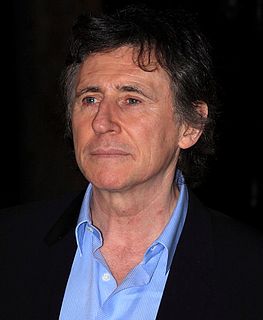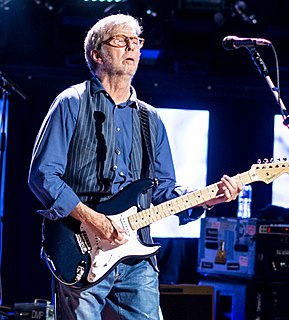A Quote by Eric Rohmer
But if I didn't read, I'd think, and thinking, when you come down to it, is the most painful thing of all, and the most monopolizing
Related Quotes
The only thing I can be sure of at any given time is what I am thinking myself. I have no idea what the others are thinking. Do they think space is big and dangerous? I do. What do they believe in? I think nobody ought to be alone. That one should be with someone. With friends. With the person one loves. I think it is important to love. I think it's the most important thing.
The most important thing is you can't write what you wouldn't read for pleasure. It's a mistake to analyze the market thinking you can write whatever is hot. You can't say you're going to write romance when you don't even like it. You need to write what you would read if you expect anybody else to read it.
Sacrifice doesn't really exist on a national level anymore and that's a pretty new thing - most people aren't engaged nationally in some form of service and that changes the way you think about people in your country; you kind of think of them at a distance. And so there's that shift away from some sort of sacrifice - thinking of yourself as the most important thing in the world versus thinking of yourself as some sort of a whole.
I owe my nurture to evangelicalism. The evangelical wins hands down in the history of the church when it comes to nurturing a biblically literate laity. When we think of evangelism, evangelicals are the most resourceful, the most intrepid, and the most creative. But evangelicals themselves would say that they have never come to grips with what the whole mystery of the church is.
I read some books, and I thought, 'This is better than sliced bread!' and a month later, I couldn't remember thinking about it. And I've read others that were kind of a slog, and I've put them down and come back six months later thinking, 'Wow, this is great.' So, you know, things change all the time.







































